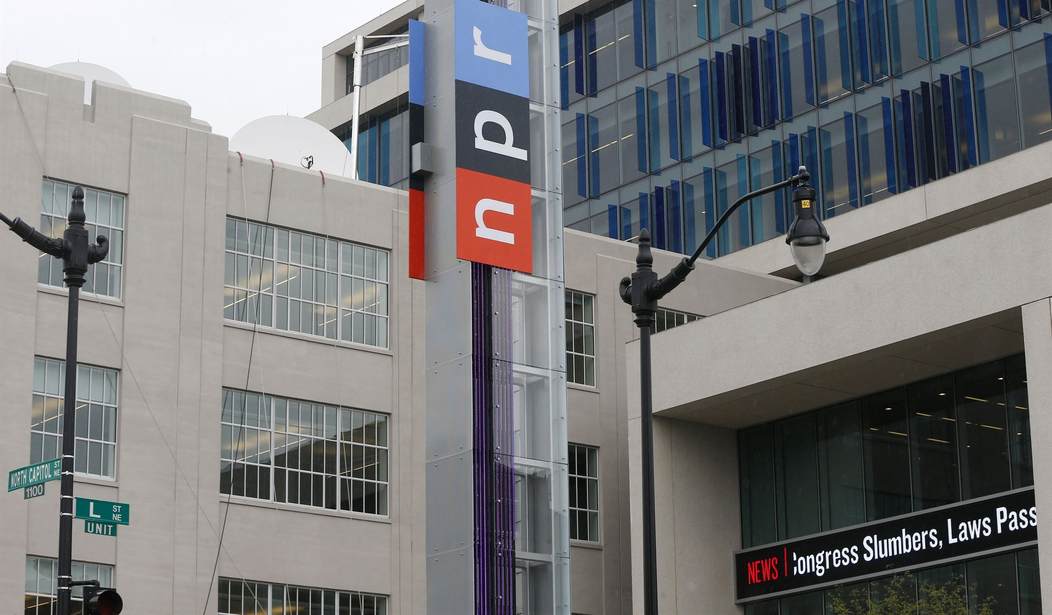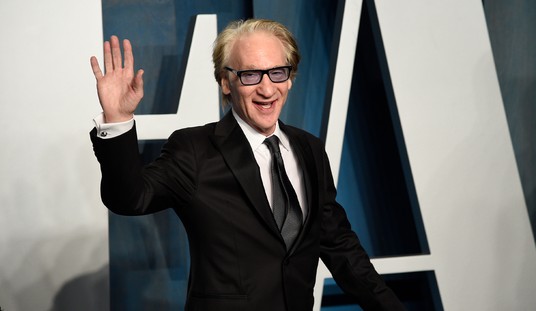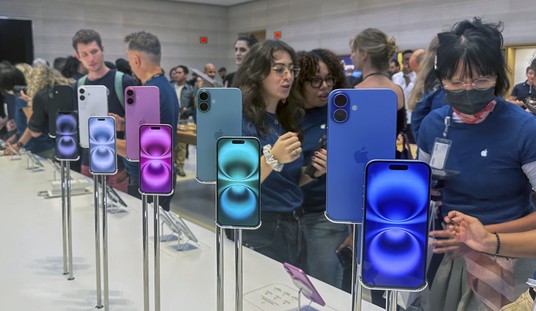NPR reported on the victory of Michelle Wu as Boston’s first woman and person of color elected to be mayor as would be expected. The article stated that hers was a historical victory, especially given the city’s history with racial tension. It also gave a little background on the two candidates. That was on November 2.
The contest between the two candidates marked a turning point in Boston politics, which has a history of fraught racial tensions and forced desegregation. It also reflected an increasingly diverse city where Black, Latino and Asian residents now make up more than half of the population and white groups continue to shrink.
For many, the race came down to competing visions of the future with Essaibi George’s version cast as more of the old guard and Wu’s perceived as new-school Boston. Since her election to the city council in 2013, Wu has become a darling of the progressive wing of the party. Throughout the campaign she championed climate change policies in line with the Green New Deal, rent control and rent stabilization, which was narrowly voted down in the mid-1990s, eliminating fares on the metropolitan area’s public transit system, and abolishing the Boston Planning and Development Agency, arguing that it’s time to “empower a planning dept to create a master plan for updated zoning and clear, consistent rules.”
Meanwhile, Essaibi George emphasized her family roots in the city and ran on a more moderate platform. She opposed Wu’s rent control ideas and pledged to overhaul the city’s police department by adding more officers who will reflect the changing demographics and boosting resources.
Pretty standard reporting, right? Wu ran as a progressive in support of climate change alarmism, and government control over housing, as well as free public transit. Her opponent ran as a moderate Democrat who wanted to hire more police officers according to demographics. Are there really any Democrats in Boston who are political moderates? George sounds about as moderate as a Boston voter can expect. Wu won, the first Asian-American to become the mayor. Instead of continuing on decent coverage of the winner, NPR published a piece today that was chock full of criticism of Wu’s victory. The critics don’t think she’s not up to the job or have any personal criticism of her personally. She’s just the wrong ethnicity, you see. Why couldn’t the first woman and person of color be a black person? Apparently, all historic firsts are not created equally.
The article spends much of its length documenting somber reactions to Wu’s victory, with one interviewee admitting they “cried [their] eyes out” because they didn’t know the next time they would see a Black mayor in the city.
Another interviewee told NPR that they were “let down” by Wu’s win, but was “not surprised” that the Black candidates were unable to emerge victorious.
“It’s just one of those things where it feels like what else is new?” she told NPR.
A third interviewee also said he felt “grief” that a Black candidate “didn’t make the cut.”
As NPR tweeted out the article, people noticed the odd framing of it. It was deleted but as we know, the Internet is forever and screenshots were taken.
The tweet by @NPR was deleted but here is a screenshot.
NPR demonstrates once again it is undeserving of taxpayer funded grants. pic.twitter.com/qPEmI6rNAd
— Andy Ngô 🏳️🌈 (@MrAndyNgo) November 16, 2021
The NPR article reported on data showing that three black candidates got 3/4 of the vote in areas with the highest concentrations of people of color. They won 1/4 of the votes in the areas that are mostly white. And, for good measure, NPR tossed in a quote from State Rep. Marie St. Fleur. She said the election data is “troubling” for a city “still straining under a longtime reputation as racist.”
Talk about not being able to take the win. The Democrats are able to check two of their identity boxes since Wu is both female and Asian-American. Voters acting indignant or angered over the wrong ethnic candidate winning is petty and just wrong. Black candidates are not entitled to win on the basis of their skin color, no matter what these whiners say. Wu has an impressive resume – not a candidate I would vote for because I’m not a Democrat but nonetheless, certainly qualified on paper for the job.
Wu, a former city council member, is the first woman and person of color elected to lead Boston. Born and raised in Chicago, Wu graduated from Harvard College and Harvard Law School before being unanimously chosen to serve on the Boston City Council at 28 years old. She defeated fellow Democrat Essaibi George, who identifies as Arab American, in the general election after they were the top two finishers in the nonpartisan primary.
Even other journalists noted pitting one minority against another.
There's merit to the voices in this story of course, but this framing is absolute trash.
Why must we pit POCs against each other in storytelling? Why can't we celebrate a woman of color who has just reached a massive milestone in her career? https://t.co/Rsi0JOFaMV
— Emma Carew Grovum (@emmacarew) November 16, 2021
Interesting which firsts are hailed as indicative of social transformation and which are caveated and contextualized into oblivion. https://t.co/aw9kALWffP
— Noah Rothman (@NoahCRothman) November 16, 2021
Ah, the intersectional circular firing squad… https://t.co/leDAYBEN4d
— PEG (@pegobry) November 16, 2021
It’s just never enough for the social justice scolds. Ironically, when Marty Walsh became Labor secretary for the Biden administration, Democrat Kim Janey became the city’s first black mayor as she served as Boston’s acting mayor. She fell short in the mayoral primary and endorsed Wu, she didn’t endorse a black candidate.
There is one black woman who made history in her November election. Don’t hold your breath on NPR singing her praises. Winsome Sears is black but she’s a Republican.







Join the conversation as a VIP Member